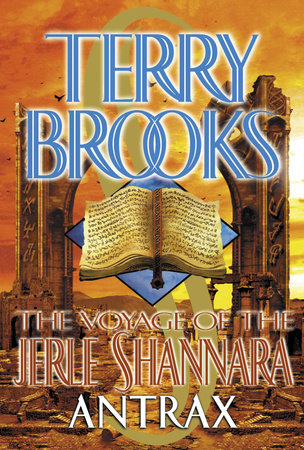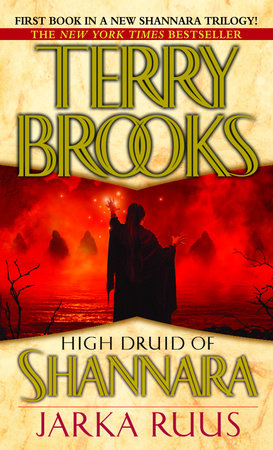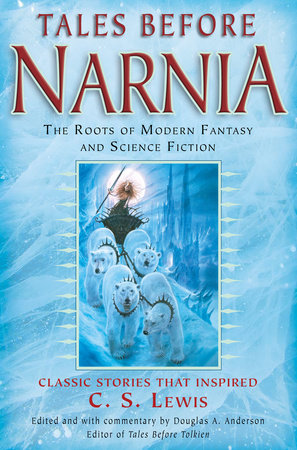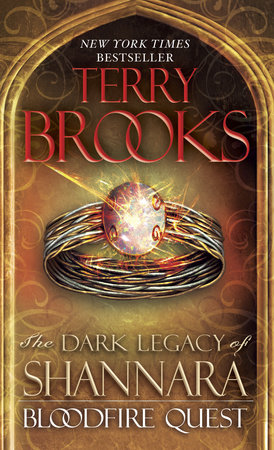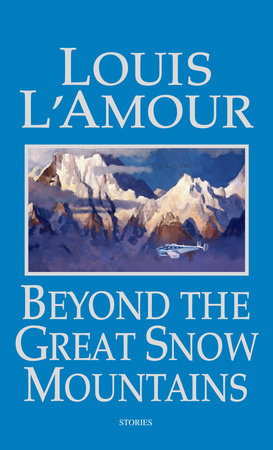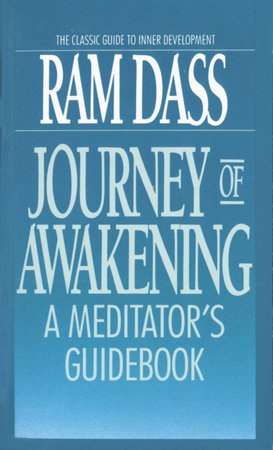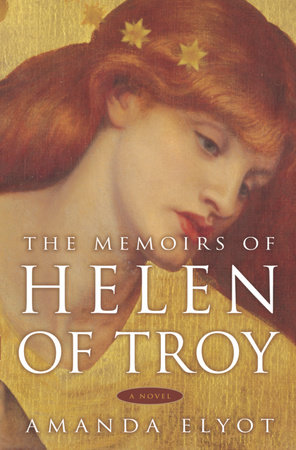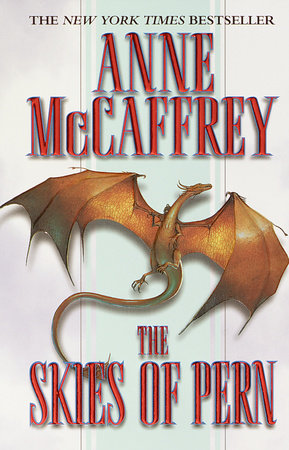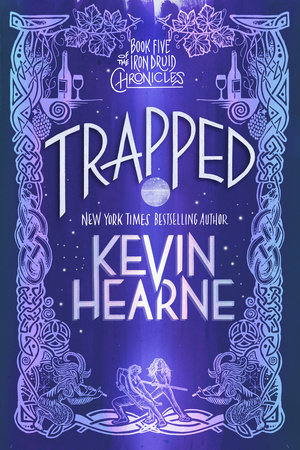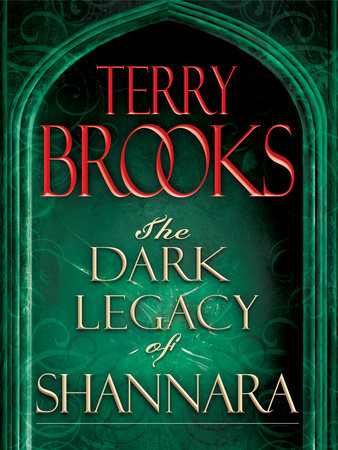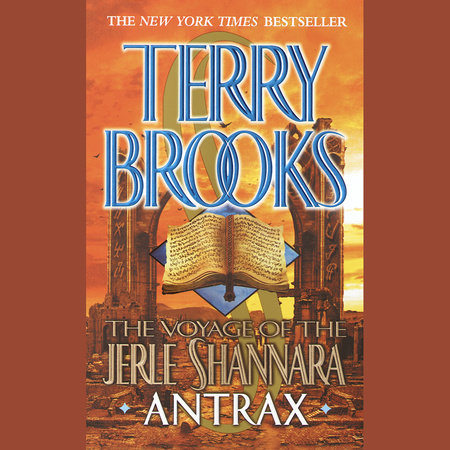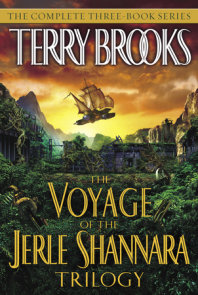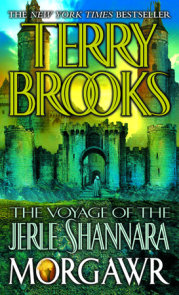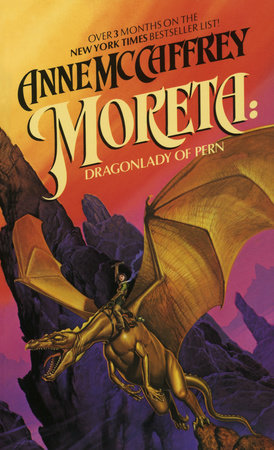Author Q&A
Terry Brooks Interview
Del Rey:Antrax is the second installment in your new Shannara trilogy, The Voyage of the Jerle Shannara, which began with Ilse Witch. All too often the middle book of a trilogy is a long and leisurely build-up for the climax of the final volume, but I think it’s safe to say that readers who enjoyed the furious pacing of the first book aren’t going to find any letdown here. If anything, the action accelerates as the plot shifts into high gear. I hope you’re saving something for the finish!
Terry Brooks: I am acutely aware of the middle-book-letdown syndrome we all have encountered in our reading. If anything, the second book in a trilogy ought to be better than the first. At least, it ought to engage us more thoroughly and make us look forward to the third. In the Voyage of the Jerle Shannara series, this was easier to achieve than I thought it would be. This series is one that picks up speed as it goes, the action becoming faster and more intense as the story progresses. That isn’t always the case, of course, but here it is. I think you will find that the last book is worth the wait.
DR: The last few years have seen a virtual rebirth of fantasy. Philip Pullman’s His Dark Materials trilogy, Jan Siegel’s Prospero’s Children and its sequel, The Dragon Charmer, and the Harry Potter books, of course. Not to mention the first of the Lord of the Rings movies, set to open in December. Why fantasy, and why now?
TB: Well, I suppose I would argue that things aren’t any different now than before in so far as audience interest in fantasy is concerned. It’s just that we’ve had some pretty good series written in that time. Certainly the ones you mention are indicative of the good work being done in the field today. Fantasy’s impact as literature really is a cumulative effect. If you think about it, fantasy still doesn’t get a lot of respect from the critics, yet it is being incorporated into almost every form of fiction on a regular basis. What is it they say, that imitation is the sincerest form of flattery? Almost every form of fiction now feels free to borrow from the conventions of fantasy. So we are seeing fantasy conceits appear everywhere, even apart from writers like Pullman and Rowling. Of course, much of the best writing being done today comes from fantasy authors, so that adds to the increased interest. I don’t think this growth spurt is complete yet, either.
DR: In reviewing Ilse Witch, the Library Journal found "a new level of history and depth," while the Dallas Morning News wrote that your powers as a novelist were "ascending." I wonder if you share this sense of renewed vigor, and whether The Voyage of the Jerle Shannara, while obviously a continuation of your classic fantasy series, might not also be seen as part of the energetic new wave of fantasies mentioned in the previous question?
TB: I don’t think I am the best judge of my own work. I always think what I do is wonderful, and that not that much has changed over twenty-five years of professional writing. On the other hand, I will agree that I felt a new sense of purpose and excitement in approaching the Voyage series. I had been looking forward to getting back into Shannara for some time, and I was particularly eager to explore the themes of redemption that this series confronts. When you are excited about something as a writer, that shows in the writing. Part of the reason for leaving a series and coming back to it later is to let that excitement build for awhile and not to go stale with doing too much of the same thing. I think the readers and critics both appreciate that in my work.
DR: Antrax refers to an adversary unlike anything Walker Boh, or perhaps any Druid, has faced before. Yet the existence of Antrax was implicit from the very beginning, in The Sword of Shannara. Does the richness of your material, the way it keeps opening up in new directions that nevertheless turn out to have been present all along, ever take you by surprise? Do you ever feel that you’re not so much making things up as somehow setting down what already exists?
TB: There is a sense of recording history rather than inventing it after you’ve been writing in a series for awhile. After so many years of Shannara, I constantly discover that where I need to go with a story is apparent from the material already written. What I write tells me where the story should go; all I have to do is pay attention. The sweep of the Four Lands history incorporates so much that it is impossible to set it all down at once or even in a couple of books. That is the nature of historical sagas, which Shannara in essence is. So avenues I have chosen not to explore earlier become avenues I want to explore later on. A recurring theme in the story is the conflict between past and present, and more particularly between science and magic. On developing Voyage, I decided this was the time to take a look at what that might mean for the Four Lands. But that is just the back story. The real story is about Walker and the Druids and their role in the future of the lands. Are they obsolete or do they still serve a purpose? That’s what I want to take a close look at over the course of the next six books.
DR: I’ve often fantasized about having magical powers, but I think that if someone offered me the chance to be a Druid, I’d run screaming in the opposite direction. Hated and feared by their enemies, mistrusted and misunderstood by their friends, it sometimes seems that Druids are the Rodney Dangerfields of the fantasy genre: they don’t get no respect. They’re so different from the benevolent, beloved wizards generally encountered in fantasies, from Gandalf on down, that I wonder if you intended a criticism of that type . . . or is it a stereotype?
TB: Well, I guess we can agree that the Druids are not of the benevolent wizard variety. They are manipulative and controlling, and even though they consider themselves to be well-intentioned, they are not always successful in appearing so. The Druids are the keepers and givers of knowledge, historians by definition, but magicians of a sort, too. What they are supposed to do is to keep the races from destroying themselves as they did in the Great Wars by pointing them in the right direction. The problem is that they don’t always know what that direction is because the future is never a sure thing. Even with the benefit of being able to communicate with the dead and with seers, they sometimes don’t know more than the average guy. But they understand the purpose of and need for responsibility, and they don’t walk away from it. I think it is too simplistic to reduce my response to Druids to either an attraction or an aversion–there is some of both.
DR: In many ways, the Shannara series tells the story of a single family over many years. Grianne and Bek Ohmsford are the latest members of this bloodline to emerge in a time of crisis and to influence, for good or ill, the fate of the world. Even Walker Boh, the Druid, has some Ohmsford blood, I believe. What makes the Ohmsfords so special? Is it an accident of history, or the gradual unfolding of some vast design?
TB: If you think about it, the Shannara series is really about the evolution of a society as mirrored through the lives of the members of the Ohmsford family. There are other families, such as the Leahs and the Elessedils, but the story is centered on the Ohmsfords. That is a conscious decision on my part, of course. The Ohmsfords are really just like you and me at heart, your basic everyman and everywoman trying to get through life the best way they can. They are constantly faced with tough choices, and they have to take chances they don’t want to. Sure, what they go through is more extreme, but it is essentially our story. I want the readers to identify with these characters. So all of the Shannara stories are centered around them, giving the reader a focus for the thematic structure of the books. A famous writer once said that fiction isn’t about how life is, it’s about how life should be. The Ohmsfords aren’t always about how we are, but about how we should be. They give us a compass by which to navigate or at least by which to consider our choices.
DR: Ever since I read your recent contemporary fantasy trilogy, The Word and the Void, I’ve wondered if those three books are a prequel of sorts to the Shannara series, and if their hero, John Ross, the Knight of the Word, is a precursor of the Druids. Ross’s world seems a lot like the world of science and technology whose collapse in a terrible war gives rise to the magical world of the Shannara books. Am I completely off base, or am I on to something?
TB: The Word and the Void is intended to suggest what happened to a pre-Shannara world to bring about the apocalypse and the Great Wars. Certainly, the inclusion of the Word in both sets of books is intentional. Of course, if you accept that the two series are joined, it means that the Lady and the Knights of the Word failed in their efforts to control the demons and stop the destruction of humanity. It is a grim outlook. It also suggests that another form of that same battle is being fought a second time in the future of the Four Lands, this time by Druids and their allies. So does history repeat itself? Do we continually fight the same battles? What do you think?
DR: You’ve written about the collapse in previous books, its aftermath especially, but I can’t recall your providing so many fresh details about the war itself since the original trilogy. Do you have any plans to tell the story of the collapse more directly?
TB: I haven’t given any specific thought to writing about the Great Wars as a part of either series, although I wouldn’t rule it out. What I need to persuade me that this is a good idea is a story that will carry the day. I always work from a story, one that involves definite characters and themes. I don’t just decide, “Well, it’s time to write about the apocalypse, I wonder what I can say!” At present, I am still working in the future of the Four Lands, at least for the remainder of the two trilogies, so I won’t give the matter a whole lot of consideration until I am done with that.
DR: I see you’ve got a Web site, www.terrybrooks.net. How involved are you in the site? How important is the internet for writers today? And what impact, especially with the rise of electronic publishing, do you see computers and the internet having on writers in the near future?
TB:The Web site is maintained for me by a student at the University of Washington. He had the site up and running for several years before we met, and he asked if his could be the official Web site. After I took a look and we met, I agreed. It was a good decision on my part. I would never do this on my own, and so far none of my kids have applied for the job. I try to stay involved by answering a set of monthly questions online from fans and by using the site as my principal forum for posting art, excerpts, and tour schedules. I’m less certain about the answer to the last part of your question. I don’t know if anyone can really answer it yet. Certainly, the internet is going to be important for writers. Certainly, computers are here to stay. Both my eighteen-year-old son and my five-year-old grandson are right at home on the computer, using them the same way you and I use the telephone. I think we are a few generations away from computers being standard issue, but for an increasing number of young people, computers are a way of life.
DR:Can you tell us a little bit about your experience with the Del Rey Online Writing Workshop? Was it fun? Did you discover the next Terry Brooks?
TB:Yes, I did locate the next Terry Brooks, and I am happy to report that I tracked him down and did him in. Or her, I forget. It seemed the right thing to do. You can sleep well.
